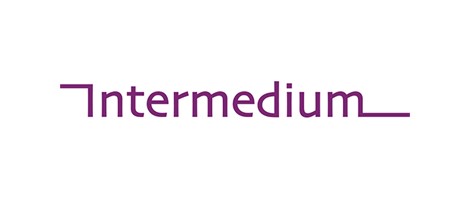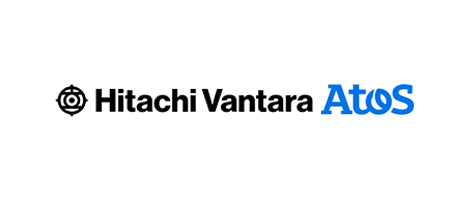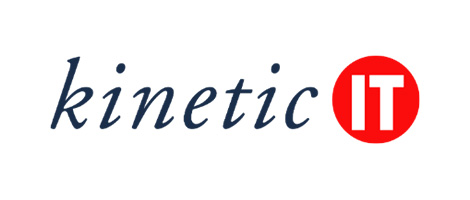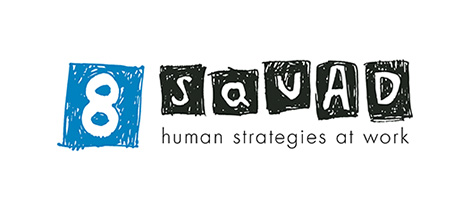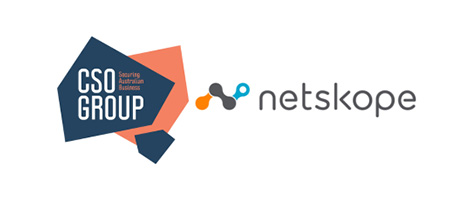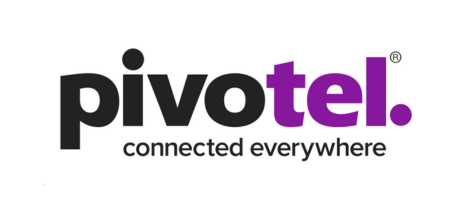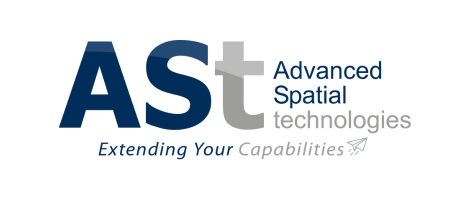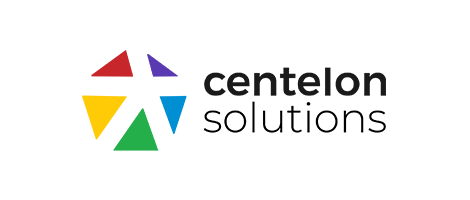The FSTGov Future of WA Government Summit 2024 returns for its 8th Edition, set for a timely debrief of May 2024’s State Budget, unveiling the strategic paths leading to the 2025 Election and beyond.
The start of 2024 not only marks the Western Australian Government’s final term of its 2021-2025 Digital Strategy but also a year since the launch of WA’s Digital Inclusion Blueprint.
This horizon finds the public sector amid rapid progress in its coordination of digital transformation, underpinned by a robust report of initiatives propelling WA’s digital readiness towards its highest results yet.
Together, FSTGov Future of WA Government Summit 2024 will engage in dynamic roundtable and stage discussions taking the execution of government service delivery to new levels, encompassing:
- Navigating WA’s record funding mechanisms dedicated to ICT and digital projects.
- Integrating digitally inclusive community support structures, harm minimisation and connectivity goals.
- Unlocking the next iterations of connected, accessible and secure digital services.
- Managing risks and benefits of emerging technology adoption.
- Excelling the development of digital, data, and cyber professions and pathways in the WA public sector.
- Establishing next-gen cyber capability uplift, awareness and response.
- Evolving and enshrining key policy amid fast-moving ICT advancement.
Navigating Leadership Horizons: Cultivating Culture, Influencing Connections, and Crafting a Digital Strategy for Tomorrow
- Uncover strategies for fostering innovation, collaboration, and adaptability.
- Explore the role of leadership in spearheading digital transformation initiatives.
- Outline practical steps for developing a digital strategy that meets diverse stakeholder objectives and ensures a future-ready organisation.
Leading a Connected WA Government: Fostering Inclusive Connectivity, Enhancing Digital Services, and Strengthening Capabilities for a Secure Digital Government
- Accessibility, Connectivity and the WA Blueprint: how can we collaboratively address the challenges of connectivity, affordability and design to create a more inclusive digital environment for all citizens?
- Improving Digital Services and Capabilities: how can the ongoing development and optimization of platforms like WA.gov.au and ServiceWA contribute to a more efficient, user-friendly, and citizen-centric government service experience?
- Digital Identities: how can the Western Australian government strike a balance between innovation and security to deliver digital services?
"Know Me, Then Help Me" - How NZ Post Built a Single View of the Citizen
- Learn how NZ Post transformed its customer service mantra from “Know me, then help me” into a reality.
- Hear about their journey to consolidating customer profiles, achieving personalisation at scale, and unifying data to enhance the citizen experience.
Data: Hero or Villain?
Organizations are constantly looking for ways to automate their business, speed time to market and develop new insights, products, or innovations to propel their business forward.
How can this be accomplished when organisations are drowning in data, can’t find the right data, can’t trust its data, and cannot validate their data?
Let’s explore the evolution of data chaos to data clarity to true data intelligence to automate and accelerate your business through intelligent, performant, scalable and flexible GenAI, solutions and services in a hybrid cloud environment.
Cyber-Secure Procurement: Safeguarding Business Future and Operational Resilience
- Strategic Procurement Engagement: Establish stringent cyber security requirements, incident reporting mechanisms, and clear timelines for compliance within the supply chain.
- Collaborative Supplier Network: Cultivate a culture of cyber security excellence by fostering collaboration between vendors, suppliers, and internal procurement.
- Inclusive Procurement Practices: Integrate diverse perspectives into procurement strategies to address cyber security challenges comprehensively. Leverage a variety of insights to identify and mitigate evolving threats across the procurement lifecycle.
AI Assurance: Enhancing Efficiency Through AI Implementation
- Uniting Policy and Implementation: Aligning AI strategy and technology for enhanced efficiency.
- Combatting Bias: Addressing the challenge of inclusivity and fairness in AI technologies.
- Balancing Act: Explore how AI can be safe but not stifled; consider the role of transparency in AI decision-making processes.
Empowering Western Australia: Bridging the Digital Gap for Inclusive Communities
- A Path to Equity: Delve into the necessity of equitable access to digital tools and services for every citizen. Highlight the social and economic implications of bridging this gap.
- Digital Inclusion Strategies: Explore actionable approaches to empower marginalized communities through digital literacy programs and improved access to technology. Emphasize the pivotal role of government in spearheading initiatives for digital inclusion and fostering equal opportunities.
- Collaborative Innovation for a Connected Future: Discuss the significance of collaboration among government, industry, and community stakeholders in delivering effective digital services. Showcase innovative solutions and partnerships driving continuous improvement in digital service delivery across Western Australia.





